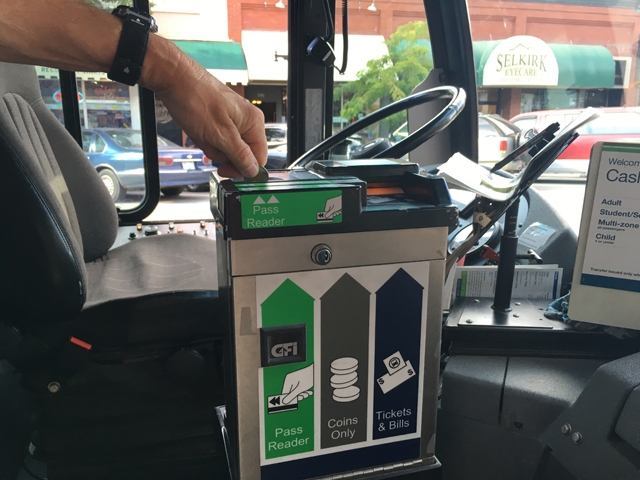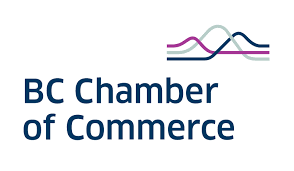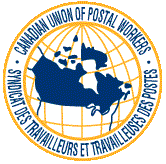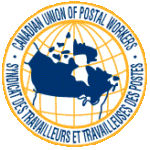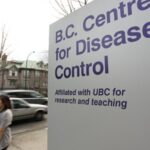New single regional transit fare structure means rate rise in city
Simplify, simplify, simplify.
City council has approved a new, single, simplified rate for transit, as recommended by a recent BC Transit Fare review, but it comes at a price.
A 25-cent price.
In order to simplify the West Kootenay Transit Committee’s existing fare structure, city council approved a rise in the single fare structure from $2 to $2.25, but Nelson students will be paying a lot less.
The new fare structure will eliminate multi-zone fares, thereby establishing the whole of the West Kootenay Transit system with a single zone fare — while student semester passes drop from $225 to $125.
A 10-pack of tickets rises from $18 to $20.25 and monthly age-based discounts (for seniors) will be eliminated, going from $35 to $45, while monthly adult passes rise from $50 to $60.
“These changes, based on standard transit pricing models, identifies fare increase result in some loss in ridership and would therefore result in a modest increase in revenue,” noted a city staff report to city council.
“The changes in 2013 which also had fare increases resulted in an increase in ridership and revenues. The WKTC believes that this will increase ridership.”
BC Transit completed a fare structure review in 2016 and presented this to the West Kootenay Transit Committee (WKTC), recommending that the three operating partners — Regional District of Central Kootenay, Regional District of Kootenay Boundary and the City of Nelson — adopt the unified fare structure.
Both the RDCK and the RDKB had approved the new fare structure.
The fare review built upon the fare structure improvements made in 2013, in which 10 different conventional fare zones were reduced to three, and now have effectively been reduced to one.
Previously the West Kootenay Transit System fare structure was complex in comparison to other systems, with 12 different fare types.
“The recommendations will also eliminate any confusion experienced in the enforcement of the current fare structure,” read a city staff report to council.
The impact of these changes is that single zone riders will see rate increases between 13-29 per cent across the region, and multi-zone riders will see decreases between 26-43 per cent. Eighty-two per cent of Nelson riders are single zone riders.
The exception to this is monthly pass holders where 72 per cent are single zone riders.
According to the report, a one-zone fare over the whole of the West Kootenay Transit System “will make it more affordable to riders who have to travel longer distances to access health care, education and employment,” read the staff report.
A “day pass” will also be introduced into the transit service as indicated in the BC Transit report.
Annual ridership has been increasing steadily in recent years, with a five-year compound annual growth rate (CAGR) of five per cent, and 11 per cent since fares were simplified in 2013/14.
Similarly, overall revenue has increased by an average of six per cent per year over the last five years, and 12 per cent since the last fare change.
The BC Transit report found cash revenue for the region has seen a five-year CAGR of five per cent. Monthly pass revenue has seen a five-year CAGR of minus one per cent, though has seen growth within the last three years.
Pre-paid fare revenue has fluctuated between 43 per cent and 48 per cent in the last five years, the BC Transit report noted, and was 48 per cent in 2015/16.
Despite the increasing revenues, operating costs have increased by an average of 11 per cent per year in the past five years, meaning cost recovery has fallen from 21 per cent to 16 per cent, the report noted.


